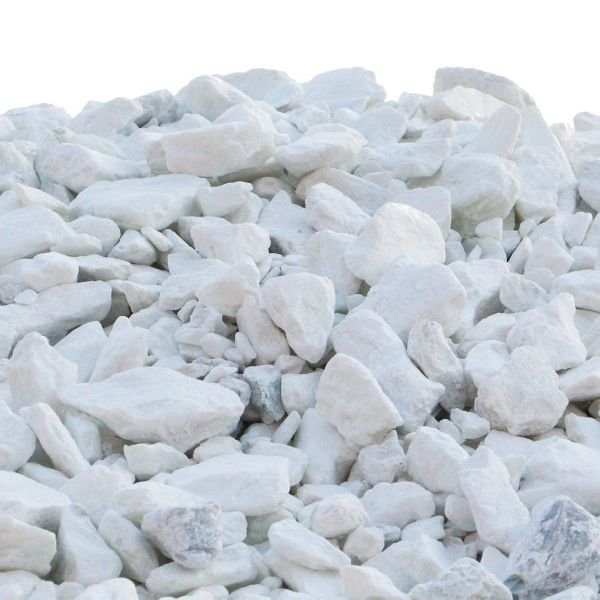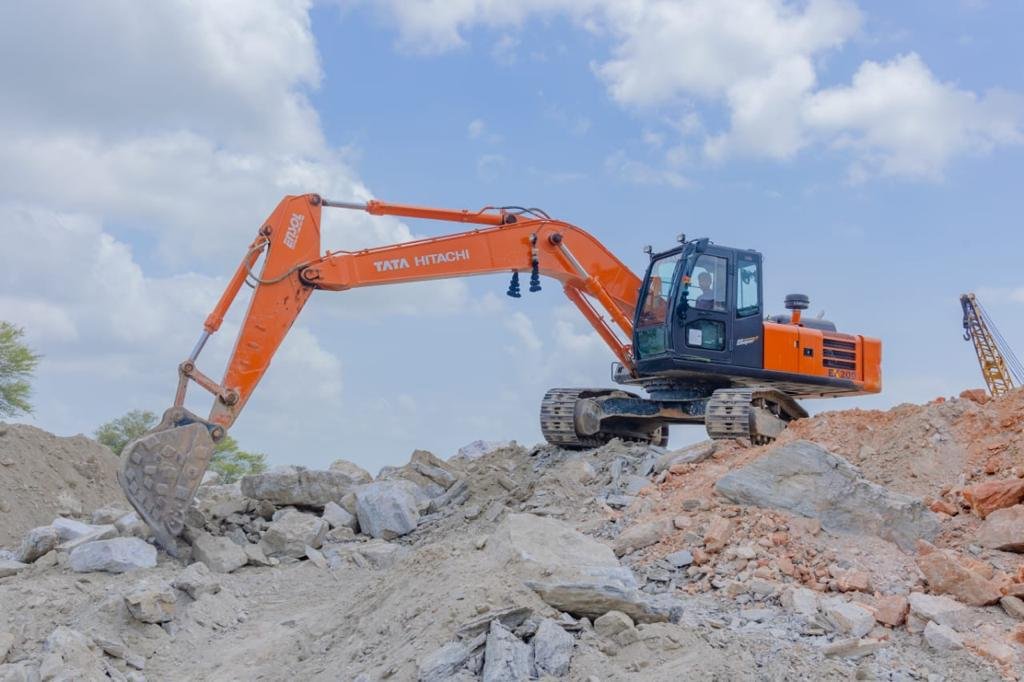
Introduction to Soda Feldspar:
Soda feldspar with a Density(specific gravity) of 2.60 g/cm3, a potassium-aluminum silicate mineral, is an essential raw material in various industrial processes. Known for its abundance and versatility, soda feldspar plays a crucial role in ceramics, glassmaking, and other applications.
Quality and Grades:
Our soda feldspar is meticulously processed to meet the stringent quality requirements of our customers. We offer multiple grades tailored to specific applications, including high-purity soda feldspar for ceramic and glass production, as well as lower-grade variants for use in filler applications.
Uses:
Soda feldspar finds extensive usage across diverse industries:
1. Ceramics: Soda feldspar is a key ingredient in ceramic glazes, providing fluxing properties that promote melting and improve the vitrification of ceramics.
2. Glassmaking: In the glass industry, soda feldspar serves as a flux, reducing the melting temperature of glass batches and enhancing the clarity and durability of glass products.
3. Fillers: Lower-grade soda feldspar is utilized as a filler material in industries such as plastics, rubber, and paints, imparting strength and stability to the end products.
4. Construction: Soda feldspar is used in the production of ceramic tiles, sanitaryware, and other construction materials due to its ability to impart desirable properties such as hardness and abrasion resistance.
Properties:
Alkalinity: Soda feldspar contains a higher proportion of sodium oxide (Na2O), contributing to its alkaline nature and fluxing properties in ceramic and glass formulations.
Melting Point: Soda feldspar has a lower melting temperature compared to other feldspar varieties, making it an ideal flux in glassmaking processes.
Chemical Inertness: Soda feldspar exhibits excellent chemical stability, resisting corrosion from acids and alkalis in various industrial environments.
Thermal Expansion: Soda feldspar possesses moderate thermal expansion characteristics, which are advantageous in ceramic and glass manufacturing processes.

